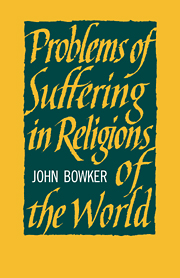Summary
INTRODUCTION
To summarise the thought of any religion is difficult, but in the case of Hinduism it is impossible. It is the essence of Hinduism that there are many different ways of looking at a single object, none of which will give the whole view, but each of which is entirely valid in its own right. A statue may be viewed from many angles. Each aspect helps to convey what the statue is like, but no single aspect is able to comprehend the statue as a whole, still less does the act of viewing it from one particular angle or another constitute ‘the statue itself’. Again the statue may be described in quite different terms, each of which is entirely appropriate in its own way, but none of which is exhaustive. It may be described physically in terms of its mass displacement, or geologically in terms of the stone from which it is carved, or aesthetically in terms of the impression conveyed to the viewer. Each of these descriptions has something entirely valid and informative to say about the nature of the object described, but none of them is identical with the statue itself. Similarly the universe can be viewed and described in an almost infinite variety of ways, each of which may be entirely appropriate and valid from the point of view of the particular observer concerned, but none of which is necessarily exhaustive. It follows that a particular individual is unlikely to reach final and exclusive certainties in his quest for knowledge and understanding.
- Type
- Chapter
- Information
- Problems of Suffering in Religions of the World , pp. 193 - 236Publisher: Cambridge University PressPrint publication year: 1970



